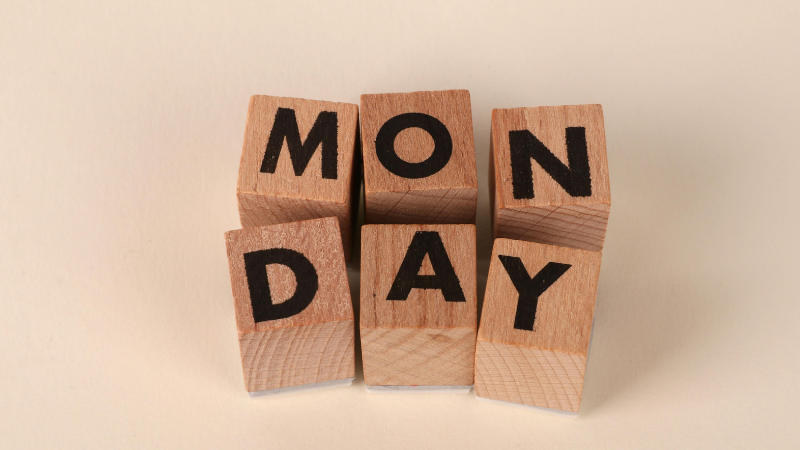Blue Monday
Officially announced the ‘most depressing day of the year’, Blue Monday is said to be on the third Monday of every new year. With Christmas feeling like a lifetime ago, expenses from the holiday’s taking their toll and the cold, dark and rainy British weather, there’s more than enough to make many people feel a little gloomy right now.
Blue Monday itself, however, is in fact a myth and was originally created as a PR stunt in a bid to sell holidays to those feeling the January blues. As Mental Health is different for each and every one of us, trying to identify a day deemed ‘most depressing of the year’ is far from accurate. In short, our mental health should be prioritised and recognised on each and every day of the year. Keeping active, eating a well-balanced diet and trying to talk about how we’re feeling are just some steps you can take to protect your mental health year-round.
So why am I feeling this way?
Although the day is a myth in itself, some principals of the idea of Blue Monday are still relevant. It’s well known that January can be a tough time for many people, and mood disorders such as Seasonal Affective Disorder (SAD) can be more prevalent during this time. Changes to our body in the colder months can affect our hormone levels, which in turn can affect our sleeping, eating and mood patterns. * Extended breaks over the Christmas period can also lead to a loss of routine, which may include mood boosting habits such as exercise and healthy eating regimes.
It’s said that it takes three weeks to form a new habit, and so for those of us that have spent our three weeks over the holidays out of our usual habits, it can consequently feel like a shock to the system to return to ‘normality’. We may have created bad habits over the Christmas period such as overeating, overspending or drinking to excess, many for which we can feel bad about ourselves for afterwards.
Support
According to The Mental Health Foundation, mental health has become the fastest growing health challenge to face a generation, and so it’s become even more apparent that looking after our mental health is just as important as looking after our physical health. Reaching out to friends and family and talking about how you’re feeling can bring relief.
If you’re struggling and would like further support, The Eaves have a variety of trained Counsellors, Psychologists and Psychotherapists in Guildford, Godalming and Farnham. Our professionals see individuals of all ages, families, couples and young people 12 hours a day, Monday to Saturday between 9am and 9pm.
Please contact the referrals team on 01483 917000 who will be happy to help source a suitable therapist for you.
You can also send us an enquiry. Click here to find out more.

